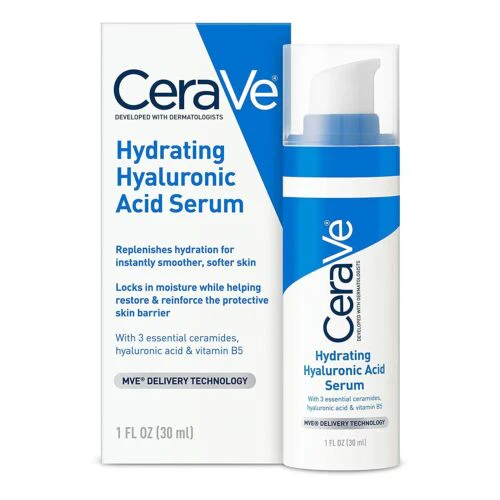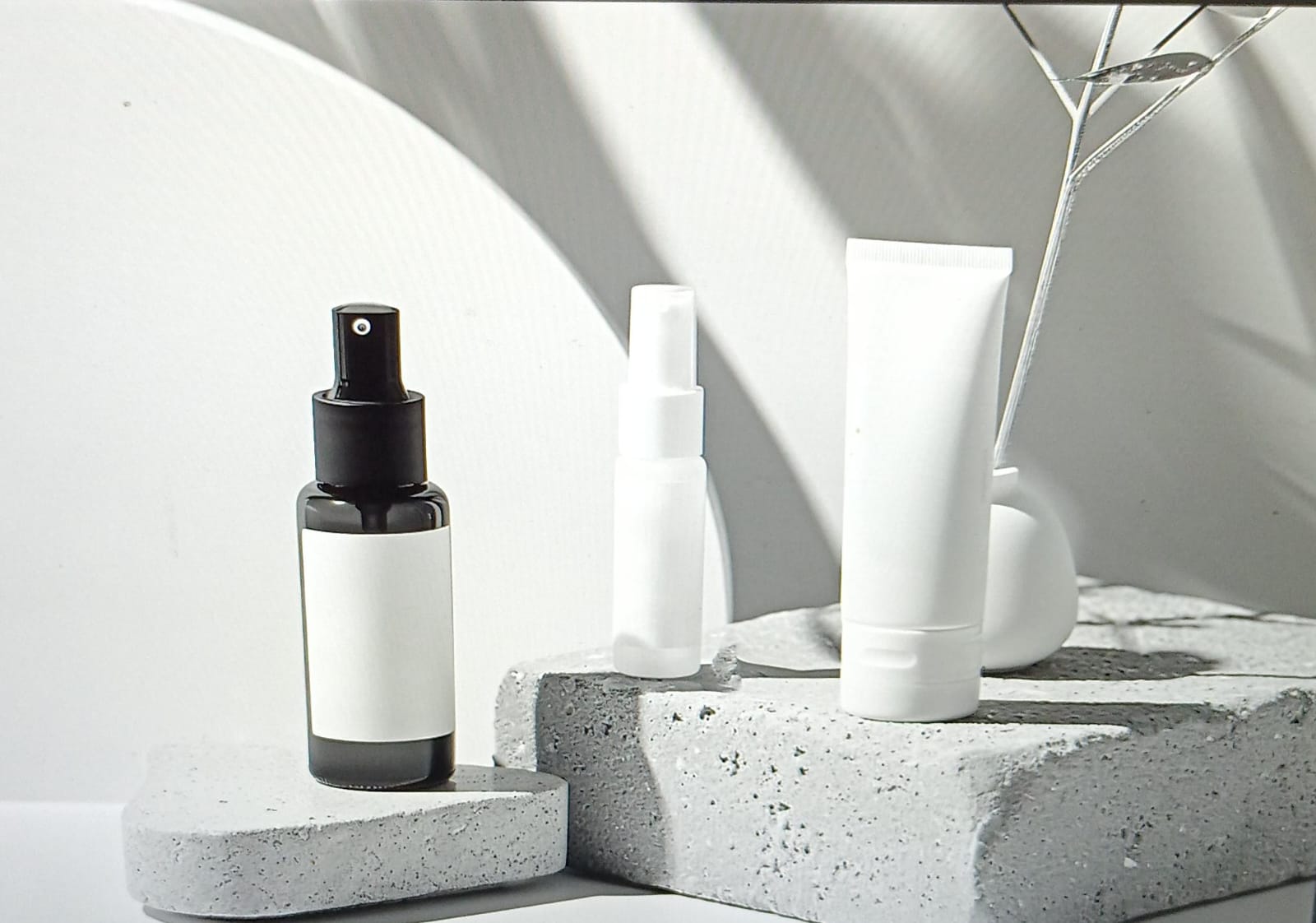
Introduction
The sun is a life-giving force, providing warmth and light essential for our planet.
Yet, it also brings potentially harmful UV radiation that can damage the skin, especially the sensitive skin on our face. Applying sunscreen daily is not just a skincare recommendation—it is a crucial step in protecting our skin’s health and appearance.
In this guide, we will explore twelve compelling reasons why wearing sunscreen on your face every day is a non-negotiable for healthy, beautiful skin.
Benefits of Applying Sunscreen for Skin
1. Shields from Harmful UV Rays
Daily sunscreen use protects your skin from the sun’s harmful UV rays, particularly UVA and UVB. UVB rays are responsible for surface-level sunburn, while deeper-penetrating UVA rays accelerate aging. A broad-spectrum sunscreen acts as a shield, minimizing exposure to both rays and helping prevent issues like sunburn, premature aging, and even skin cancer.
2. Slows Down Premature Aging
Known as a “youth preserver,” sunscreen helps slow down visible signs of aging caused by sun exposure. Without it, fine lines, wrinkles, and age spots appear faster, and the skin loses its elasticity. Daily sunscreen helps you maintain smoother, firmer skin and a youthful glow longer.
If you are in your early twenties or have started noticing fine lines and wrinkles, consider adding a retinol serum—the best anti-aging ingredient—to your routine, along with sunscreen.
3. Reduces Skin Cancer Risks
Exposure to UV radiation is the primary cause of skin cancer. Consistent application of sunscreen reduces your risk of developing all types of skin cancer, including melanoma, the most severe form. Sunscreen is a proactive measure to protect against this serious health threat.
4. Keeps Skin Tone Even
Hyperpigmentation, dark spots, and melasma are often worsened by sun exposure. By using sunscreen daily, you can prevent these issues and maintain a balanced, even skin tone. Once dark spots form, they are challenging to fade, so prevention is key.
5. Protects Against Painful Sunburns
A sunburned face can be incredibly uncomfortable and damaging. Sunscreen acts as a barrier, absorbing or reflecting UV rays and sparing your skin from the painful effects of sunburn. Regular use helps you avoid redness, swelling, and peeling.
6. Reduces Sun Allergy Symptoms
For some, sun exposure can lead to allergic reactions like itching, redness, or hives. Sunscreen serves as a protective layer that can reduce or prevent these reactions, making it easier for those with sun-sensitive skin to spend time outdoors comfortably.
7. Protects Against Environmental Stress
Aside from UV rays, our skin faces pollution, free radicals, and other environmental stressors every day. Many sunscreens today are formulated with antioxidants to shield the skin from pollutants and oxidative stress, giving an extra layer of protection from everyday environmental damage.
8. Preserves Skin Health and Resilience
Sunscreen supports the skin’s natural barrier, helping it stay hydrated and resilient against irritation. Consistent protection can also prevent the onset of certain skin conditions triggered by sun exposure, like rosacea, keeping your skin calm and balanced.
9. Boosts Your Skincare Routine’s Effectiveness
Your skincare efforts deserve protection, too! Sunscreen prevents UV rays from breaking down active ingredients in serums, moisturizers, and treatments, helping them work as intended. By applying sunscreen, you ensure that your skincare products deliver maximum benefits.
10. Prevents Sunspots
Sunspots, or small dark spots caused by UV exposure, can mar your complexion. Regular sunscreen use helps prevent these spots from forming, protecting your skin at a cellular level and keeping your skin clear and radiant.
11. Prevents Melasma from Worsening
Melasma, characterized by brown or gray patches, is often triggered or worsened by the sun. Daily sunscreen application can prevent this condition from intensifying, keeping your skin tone more even and balanced over time.
Choosing the Right Sunscreen for Everyday Use
Now that you know the benefits of daily sunscreen on your face, the next step is finding the perfect match for your skin.
The right sunscreen can make all the difference, especially for those in Pakistan where sunlight is intense year-round.
Whether you are seeking sunblock for oily, dry, or sensitive skin, selecting a sunscreen tailored to your specific skin type and concerns is key.
You can check out our guide to the Best Sunblock in Pakistan for some reliable options.
Tips for Choosing and Using Sunscreen Correctly
For the best protection, it is not only important to choose the right sunscreen but also to apply it properly and consistently. Here is how to make sure your skin is well-guarded:
Pick a Broad-Spectrum Formula: Broad-spectrum sunscreen protects against both UVA and UVB rays, ensuring defense from both types of UV radiation. UVA rays contribute to aging and deep skin damage, while UVB rays are more superficial but can cause sunburn. Look for broad-spectrum on the label for full coverage.
Choose an Appropriate SPF Level: The SPF (Sun Protection Factor) number represents how well a sunscreen shields your skin from UVB rays. Experts recommend SPF 30 or higher for daily use. While higher SPF offers longer coverage, reapplication is still key for ongoing protection.
Apply Generously: To get full protection, use enough sunscreen to cover your face, neck, ears, and any exposed areas. Many people forget areas like the back of the neck or the tops of the ears—remember these spots as they are just as prone to sun damage.
Reapply Regularly: Sunscreen wears off over time, especially when you are outside, so it is crucial to reapply every two hours. This is particularly important after activities like swimming or sweating, as sunscreen may wash away or become less effective.
Wear Sunscreen on Cloudy Days Too: UV rays penetrate through clouds, so even if the sun isn’t visible, your skin is still exposed to potential damage. Don’t skip sunscreen on overcast days—make it a daily habit, rain or shine, to keep your skin protected year-round.
Opt for Water-Resistant Sunscreen When Swimming or Sweating More: If you will be swimming, working out, or spending a lot of time in the sun, use a water-resistant sunscreen. These formulas stay effective even when exposed to moisture, providing more reliable protection during activities that make you sweat or when you are in the water.
Make it a Daily Habit: Sunscreen should be the final step in your morning skincare routine. Apply it after moisturizer and before makeup to keep your skin consistently shielded from sun exposure.
FAQs Around the Benefits of Sunscreen
Q. Can sunscreen make skin darker?
No, sunscreen itself does not darken skin. However, some sunscreens with certain ingredients can stress sensitive skin, leading to irritation and darkening over time. Look for products labeled “non-irritating” and avoid alcohol-based formulas if you have sensitive skin.
Q. Can sunscreen cause breakouts?
If you are using the right sunscreen for your skin type, it shouldn’t cause acne. People with oily or acne-prone skin can choose non-comedogenic (non-pore clogging) sunscreens, which are lightweight and less likely to lead to breakouts.
Q. What does the “two-finger rule” mean for sunscreen?
The two-finger rule is a simple way to measure how much sunscreen you need. Squeeze out enough sunscreen to cover the length of both your index and middle fingers—this is about the right amount to fully protect your face and neck.
Q. Should I use sunscreen indoors?
Yes, it is wise to wear sunscreen indoors, especially if you are near windows. UVA rays can penetrate glass, and daily exposure can still contribute to skin damage over time.
Q. Is sunscreen necessary in winter or cloudy weather?
Yes! Even on cloudy or cold days, UV rays can penetrate through the clouds and affect your skin. Make it a habit to wear sunscreen year-round, no matter the weather.
Conclusion
Wearing sunscreen daily is more than a skincare tip—it is a powerful form of self-care that protects your skin’s health, appearance, and resilience. Whether rain or shine, adding sunscreen to your morning routine is one of the best steps you can take for lasting skin health and beauty. So embrace this essential habit and let your skin enjoy the benefits for years to come.
Related:
10 Benefits of Vitamin C Serum for Your Skin
AHAs in Skincare: Types, Benefits, and How to Use

Education: University of Peshawar
Ahmad Khan holds a Master’s degree in Chemistry and has been writing about skincare for over five years. With a deep understanding of ingredients and their impact on the skin, he enjoys sharing practical, science-based skincare advice. When not writing, he loves playing with his kids.




